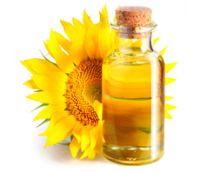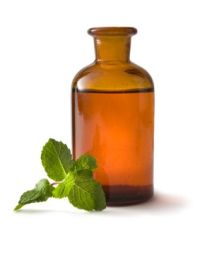Life is too fast and getting faster. We need a way to adapt to live in this lifestyle. That includes learning to balance our lifestyles in all aspects of our being: our physical body, our emotions, loving ourselves & our beliefs and values.
Stress is anything that threatens our physical being. Stress is your body’s way of responding to any kind of demand. Stress goes beyond just our emotions. It is very physical too. Did you know, that stress creates toxins? This is the most overlooked toxin in the body. Stress even destroys the good bacteria in our gut. Many of the most stressful situations in life come as a result of unplanned changes in personal circumstance. Therefore, managing stress is the key to minimise it’s negative impact on our life. Stress keeps our systems working as they should, but it becomes harmful when it lasts too long and is not managed effectively.
Why do we need to eliminate toxins from our body?
It is a necessity that we eliminate toxins from our body and this includes toxins from stress and other metabolic processes. If we don’t, it will eliminate to the skin as psoriasis, eczema, dry skin or red itchy inflamed skin.

How do we eliminate toxins?
*Get Plenty of Exercise
Not only will exercise keep us fit, it also uses up all the stress toxins in the body. It not, these toxins will build up and eventually lead to stress-related illness like high blood pressure, heart & circulatory problems.
*Stimulate the Vagus Nerve.
This activates the Parasympathetic nervous system reducing inflammation. Inflammation produces toxins. Too much inflammation over a period of time can lead to auto-immune diseases like rheumatoid arthritis and inflammatory bowel syndrome (IBS).
*Take Time to Relax and Breathe.
This also stimulates the vagus nerve which connects to all the body’s organs. Inhaling essential oils will stimulates the release of certain chemicals in the brain that can help people relax. Regulation of the nervous system in this way is very effective for mental health, anxiety and depression. It activates the limbic system helping us to feel good and anchoring the moment. This can help us feel grounded and safe.
*Learn to recognise your stress triggers.
When we are aware and recognise our triggers, we can respond more effectively rather than reacting to a situation. We can’t control what happens to us but we can have more control of the outcome in a given situation or challenge.
*Ask for Help. We don’t know it all.
Our natural human need is to share experiences with other people, so if someone wants to help, let them. You empower others when you allow them to give. At the same time, you can create a FLOW, a momentum and keeping things moving forward. We are all experts at different things and we all have different experiences. So lets share them and help each other.
*Use Natural Aromatherapy and Organic Skincare Products
Organic compounds from carrier oils, butters and waxes contain vitamins and minerals which not only repair the skin, they help to get rid of free radicals which are contributed to pre-mature ageing and wrinkles. Essential oils contains anti-microbial therapeutic properties which help to fight fungal infections on the skin and can benefit skin conditions like psoriasis and eczema.
Essential oils from the plant have very similar molecular make up as the human body. The immune system is unlikely to attack or have an adverse effect. The only exception to this is if there has been an overuse of oils leading to skin sensitisation. Essential oils are potent and thus need to be respected and used in a controlled way.
Natural and organic skincare products together with pure botanical essential oils are kind and gentle to your skin and also have additional therapeutic benefits helping to bring the body back into balance. Essential oils have the ability to balance the hormonal and nervous system; two of the main systems that have a direct effect to the rest of the bodily functions. If one part of you is under functioning it will affect the rest of you, since everything is connected.
What have you tried to eliminate stress toxins from your body? I’d love to know your experiences. Comment below.
If you enjoyed this article and want to know more check out our online courses.







